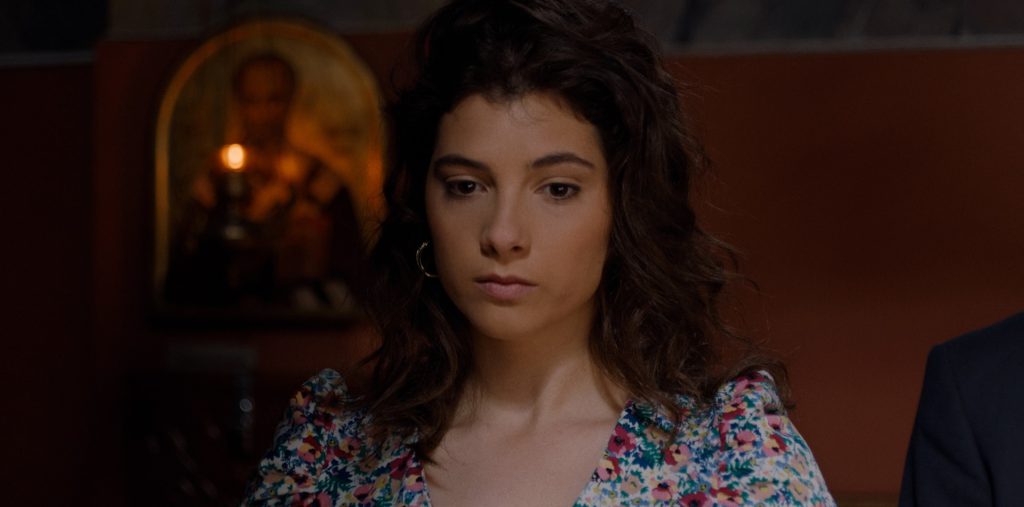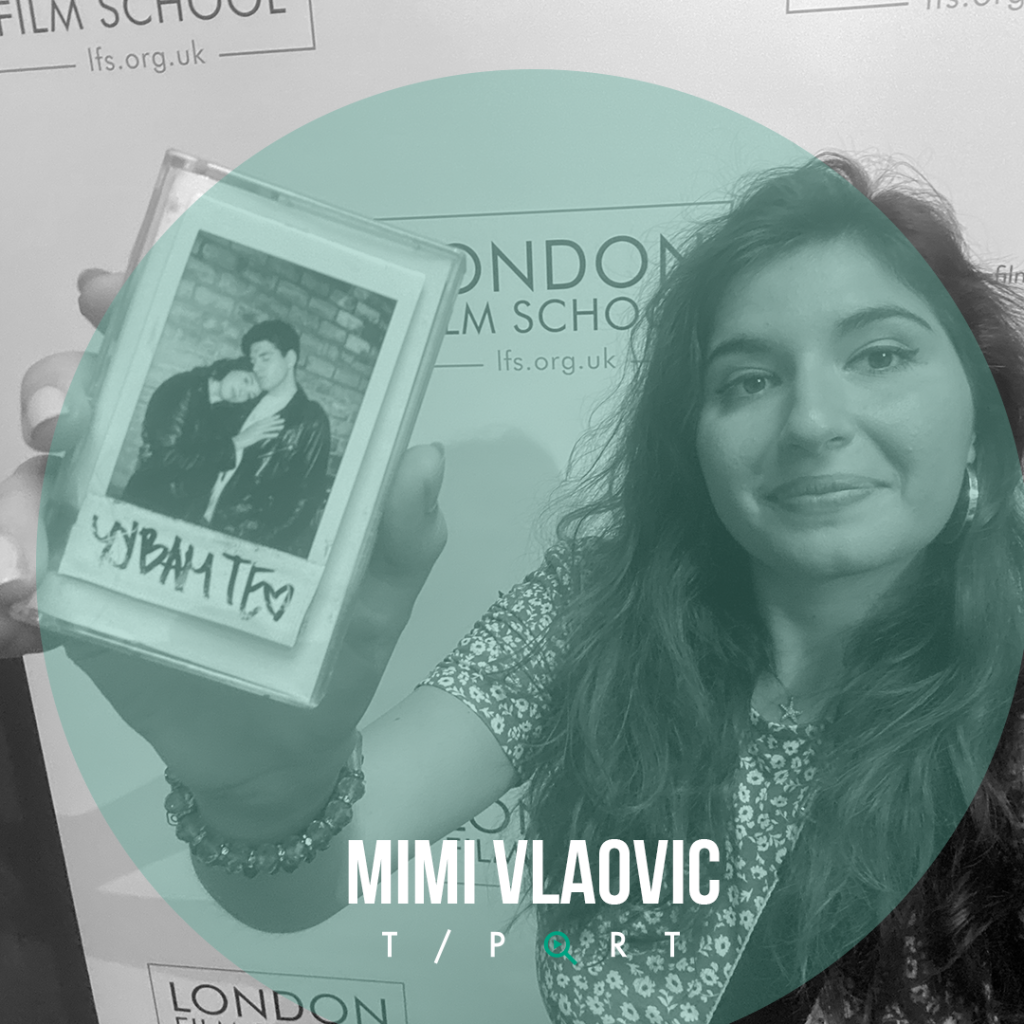
Serbian-born, London-based director Mimi Vlaovic – whose film is on T-Port courtesy of our partners at Festival Formula, has seen festival success with her graduation short film YOUR GUARDIAN, including landing a nomination for the Young Director’s Award at Cannes.
In this interview we catch up about karaoke as stress management, her bugbears about Serbian stereotypes, and how she crafted a film based on family history during COVID.
Hi Mimi! Would you introduce yourself in a few lines?
I am a Belgrade raised, London based writer-filmmaker that draws inspiration from my personal life and passion for discovering cultural transgenerational patterns.
Since I was 4 years old I was glued to my VHS cassettes and claimed that I’ll make films when I grow up, even though I had no idea what that process looked like. I first expressed my creativity through writing and had three of my novels for young adults published before I turned 18. Then I tried directing for the first time, through shooting and editing a trailer for my book, and I was mesmerised by seeing what was in my head come to life.
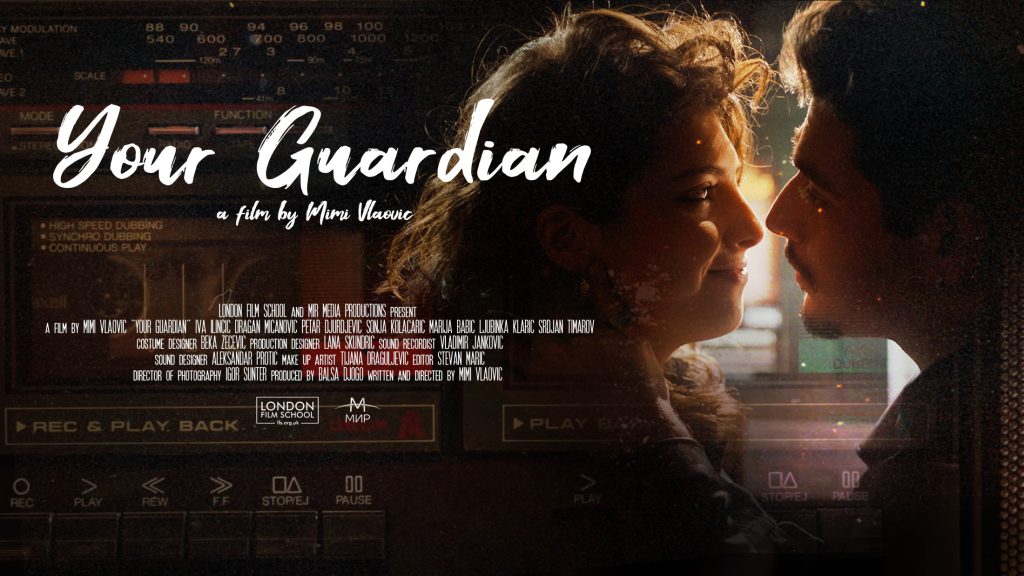
While working on the film, where did you draw your inspiration from?
Čuvam te or Your Guardian merges my own experiences when I was moving away to London and my parents’ experiences when they tried to leave the country during the Yugoslav war in 1992. Even though the circumstances of our leave were completely different, the family resistance and the feeling of claustrophobia within your own house felt the same. This intrigued me and I wanted to explore it deeply, to address the transgenerational pattern and release it, possibly having it also release us.
Next to filmmaking, what do you consider as your passions in life?
Karaoke is one of my biggest passions in life and I need more karaoke buddies, so hit me up if you enjoy yelling your favourite song into a microphone as much.
Another passion of mine is to start bawling almost every time a West End musical starts, I cry the most in the beginning because it overwhelms me in a wonderful way and I can rewatch musicals endlessly. I also get easily overwhelmed by my phone, in a horrible way, so instead of throwing it out the window I enjoy taking walks and going to parks without it, bringing a diary and just handwriting my thoughts – uninterrupted by constant social media extravaganza.
Do these passions influence your filmmaking, are there any connections?
Karaoke singing is such a release for me but it is a bit overdone in films in my opinion. You never know though, maybe there’s an original way to do a karaoke scene in the future. From the perspective of the letters? It must be terrifying having all those drunk people screaming at you and misreading you…
I find the “me” time without my phone absolutely crucial for my writing and mental health. Otherwise my people pleasing self just jumps into another task, leaving both my writing and mental health thirsty for attention. I’m working on that balance, but my notifications are not making it any easier.
What is the best thing you recently watched or experienced?
I had a wonderful time watching Some Like it Hot at the Regent’s Canal open air cinema a couple of days ago. I am also so excited for the Barbenheimmer premiere day!
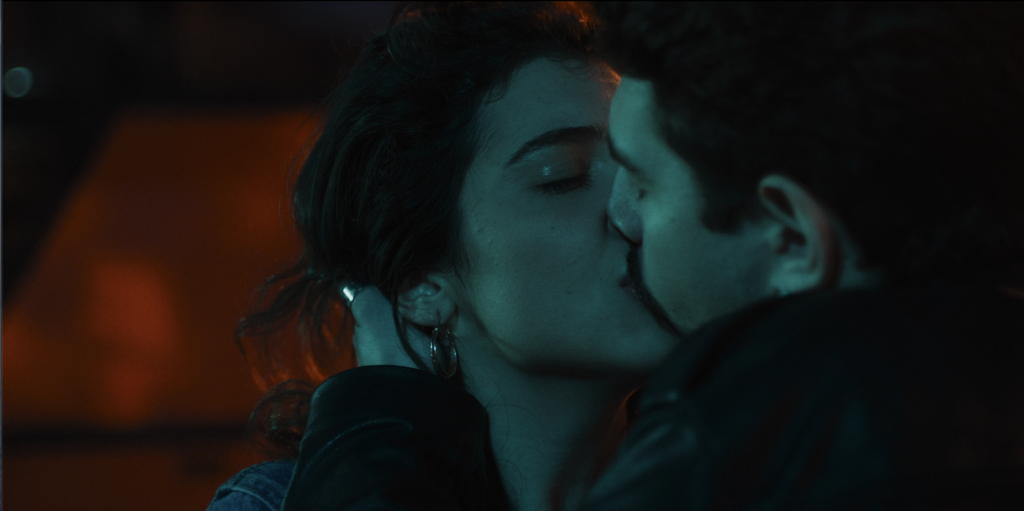
Which film do you find overrated, and why?
The older I get the more I sigh and roll my eyes at certain character tropes… I get particularly triggered when I see a random Serbian side character in international films that is almost always a huge, aggressive, bald man, or occasionally a mysterious, sexualised woman you can’t trust.
How did you first start working on this film? What first sparked the idea to make it?
I recognised this feeling I wanted to express in a song “Leb i Sol – Čuvam noć od budnih”.
This was, in a way, my time machine to the era when my parents were my age, and I listened to it on repeat while writing.
Tell us a bit about the filmmaking process – what did it take to make your film?
This was my master’s graduation film for the London Film School, and I was very excited for the friends from my class to come to Belgrade and make this film with me. A part of the film was supposed to be set in London as well. However, then COVID hit and the whole process became so very lonely. Eventually, a local crew was gathered and it was probably all meant to be because they were acquainted with Yugoslavia 1992 in a much more personal way.
Can you share the most important lessons you learned through the process of making the film?
To budget the film in a way that gives you more time over any fancy equipment. To not compromise the space and time needed to make the actors and yourself comfortable with the scene.
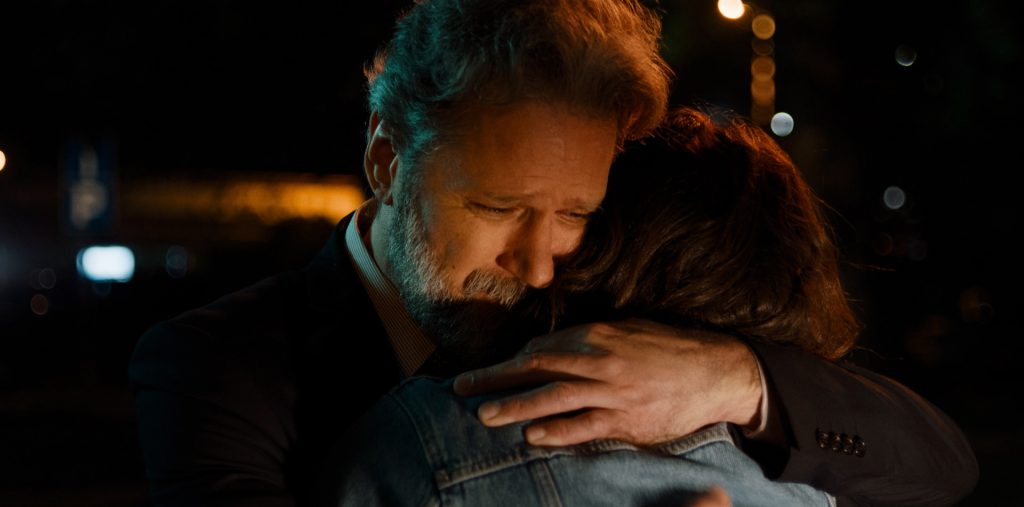
If you could go back in time to pre-production and give yourself one piece of advice, what would it be?
I’d push for another shoot day and also plan that one scene with complicated blocking properly in advance.
What was it like for you working with the actors you cast? Do you have a technique for directing actors you can tell us about?
Casting is one of my favourite parts of the filmmaking process and I absolutely loved my actors. I was blessed to have the amazing, established actors in the roles of parents and godparents, that I learned a lot from.
But a special spot in my heart goes to the younger part of the cast. Iva, in the role of Mina, is a born protagonist and it is very difficult not to be intrigued in what she has to say. Petar, in the role of Igor, channelled the energy of Belgrade in the 90s so naturally and is, to this day, the biggest fan of the story we told, which I am so grateful for.
I am still learning my craft, but what I found to be a wonderful ”tool” was just playing the song I listened to while writing during the rehearsals with them. That seemed like such a good base to set the mood of the film.
List the festival where your film has screened and any awards / recognition gained so far.
The film premiered at the BFI, and then screened at the Paris Arts and Movie Awards, Fest Belgrade, Watersprite Film Festival in Cambridge, Poppy Jasper International Film Festival, Beeston Film Festival, Martovski Festival, In The Palace in Sofia, Breakthroughs in Canada, and has recently been shortlisted for the Young Director’s Award in Cannes!
We got an award for the best student film at PAMA, two awards at Watersprite – for best screenplay and the audience award, and a special jury mention at the Martovski Festival.
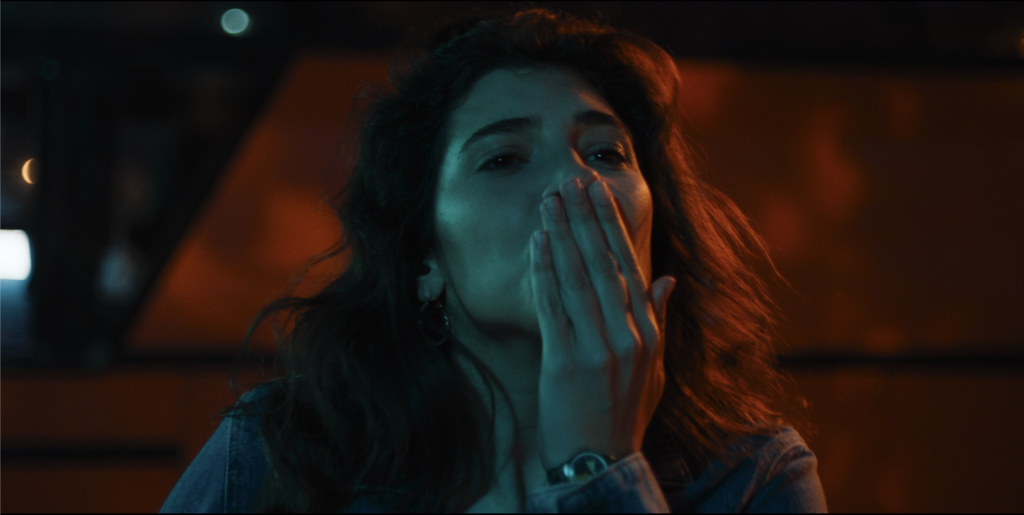
How does it feel for you, as an artist, to see your work being accepted to festivals and more?
I feel very blessed that the audiences all around the world can relate to this story. One of my life goals is to tell the stories of unrepresented cultures, and I’m starting with mine. I hope I offered a deeper, more meaningful look into Serbian culture, our traditions and habits.
How has the process of distributing the film been for you so far? What have you learned?
We are working with a lovely company, Festival Formula, which is a great help for the festival circuit, but we are still looking for a distributor! Hint hint
What do you wish you’d known before you began the distribution process?
I wish I knew where to start, because I was all over the place for some time!
What are your plans and dreams for the future?
I am currently writing a feature version of Your Guardian, along with a feature animated film that could be pitched as the Balkan finally getting their animated princess!
If you are a film industry professional and would like access to the catalogue and more, find out here how to sign up.
Filmmaker? Upload your short film to T-Port or sign up for our newsletter to get regular updates on the current trends and exciting innovations in the short film universe.

